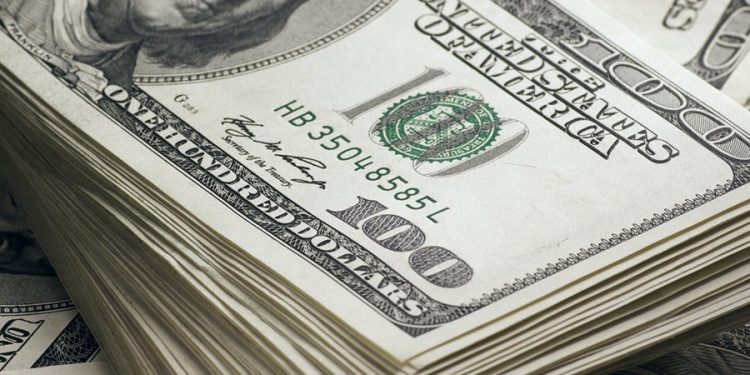The net foreign exchange (Forex) inflow into the Nigerian economy saw a notable increase of 7.3 percent year-on-year, reaching $33.9 billion in 2023 compared to $31.58 billion in 2022. This rise, despite challenges in the FX market, was primarily driven by a significant decline of 22.7 percent in net FX outflow from the economy during the same period.
Analysis of data from the Central Bank of Nigeria’s (CBN) Quarterly Statistical Bulletin for 2023 revealed that FX inflow into the economy decreased by 8.9 percent year-on-year to $65.76 billion in 2023 from $72.19 billion recorded in 2022. Similarly, FX outflow experienced a notable decline of 22.7 percent year-on-year to $30.86 billion in 2023 from $39.92 billion in 2022.
As a result of these trends, the net FX inflow exhibited growth, rising by 7.3 percent year-on-year to $33.9 billion in 2023 from $31.58 billion in 2022. Notably, foreign exchange inflow through autonomous sources also experienced a slight decrease of 2.5 percent to $40.2 billion in 2023 from $41.24 billion in 2022. However, FX outflow through autonomous sources witnessed a significant decline of 41.8 percent year-on-year to $5.78 billion in 2023 from $9.94 billion in 2022.
Consequently, the net FX inflow through autonomous sources increased by 9.96 percent year-on-year to $34.42 billion in 2023 from $31.3 billion in 2022. These figures highlight the complex dynamics of Nigeria’s foreign exchange market and its impact on the overall economy.















